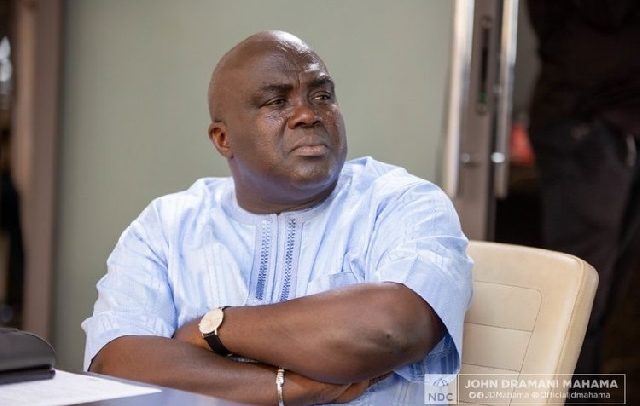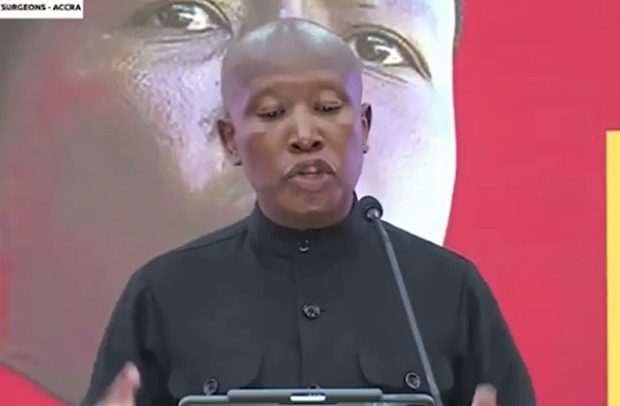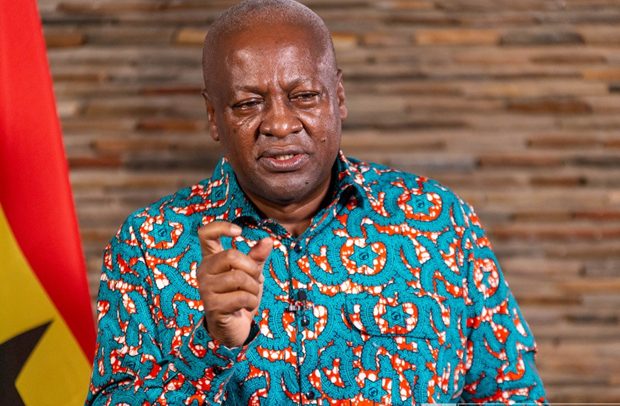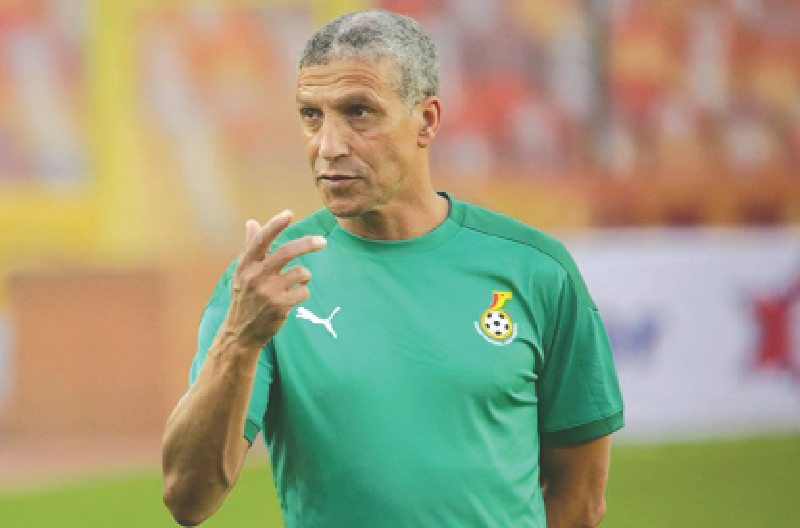
As Ghana’s ruling party, the National Democratic Congress (NDC) settles into governance, following its 2024 electoral victory, early predictions about its 2028 presidential race are already stirring conversations within the party.
The Executive Director of Global InfoAnalytics, Mussa Dankwa, has forecasted that the NDC’s delegates are increasingly likely to favour a younger candidate to succeed President John Dramani Mahama in 2028, citing demographic shifts and growing public sentiment for generational change in political leadership.
Delegates Getting Younger
Speaking on Citi FM’s ‘The Big Issue’ over the weekend, Mussa Dankwa explained that demographic changes within the NDC’s delegate base could significantly influence the outcome of the next presidential primaries.
“There’s going to be demographic changes in NDC delegates. At the moment, NDC delegates are a lot younger than their NPP counterparts and this trend is expected to intensify,” he noted.
According to him, this evolving demographic could place older aspirants like NDC Chairman Johnson Asiedu Nketiah and Chief of Staff Julius Debrah at a disadvantage, despite their long-standing influence and contribution to the party.
“If the delegates become predominantly young, it will make it very difficult for the older candidates. There’s nothing you can do about demographic change — it happens naturally,” Mussa Dankwa stated.
Haruna Iddrisu Leading Early Polls
In a preliminary internal survey conducted by Global InfoAnalytics, Haruna Iddrisu, the current Minister for Education and Member of Parliament for Tamale South, emerged as the frontrunner among potential NDC flagbearer aspirants.
Dankwa revealed that Haruna Iddrisu currently holds around 30% support, followed by Asiedu Nketiah, who polled approximately 26%.
Other names being considered in the internal analysis include: Samuel Okudzeto Ablakwa, Minister for Foreign Affairs, Cassiel Ato Forson, Minister for Finance Julius Debrah, Chief of Staff.
These five are seen as the most mentioned aspirants at this early stage, although Mussa Dankwa emphasised that the final list may evolve, as more names surface and political dynamics shift.
He explained that respondents were initially presented with a list of names to choose from, but were also given the option to specify a preferred candidate outside the provided names — allowing for flexibility and organic feedback from the field.
Naana Opoku-Agyemang’s Exclusion Explained
On the possible candidacy of Vice President Prof. Jane Naana Opoku-Agyemang, the Executive Director of Global InfoAnalytics clarified that she had appeared in an earlier poll conducted in April. However, she was excluded in subsequent surveys due to a brief period of illness and limited political activity during that time.
“As pollsters, we sometimes make judgment calls. We also considered her age and the dynamics surrounding her public visibility. But she will be factored into future polls,” Mussa Dankwa added, especially after reports of a cordial interaction between her and Haruna Iddrisu, during which he wished her good health and expressed his admiration.
Nationwide Appetite for Young Leadership
Beyond internal party dynamics, Global InfoAnalytics’ national polling shows that Ghanaians from all age groups strongly support the idea of a young political leadership.
Mussa Dankwa shared demographic data revealing that: 73% of respondents aged 18–24 years prefer a young leader, 68% of those aged 25–34 years hold the same view, 60% of the 35–44 age bracket prefer youth leadership.
Even among the 65 age group, 62% still expressed a desire for a younger president
“It’s a consensus across every demographic. They have likely seen how the older generation has performed and want to try something different,” he said.
Asiedu Nketiah’s Influence vs. Electability
When asked whether Asiedu Nketiah’s long service and stature in the party might sway delegates, Mussa Dankwa cautioned against relying solely on perception.
“Perception may not be reality. So far, we haven’t released a public poll focused entirely on NDC delegates. We’ll have to wait and see. But if early moves by some candidates annoy delegates, it could backfire.”
He emphasised that some aspirants’ aggressive early positioning may not work in their favour, particularly if it disrupts party unity or appears opportunistic.
Can Mahama Influence the Outcome?
Speculation has also arisen around whether President John Dramani Mahama might attempt to influence his succession. Mussa Dankwa noted that while such endorsements can carry weight, they also risk fracturing the party if not carefully managed.
“It could have both positive and negative consequences. There are those who might welcome his endorsement. But others might see it as interference. Remember what happened in Kenya when Uhuru Kenyatta endorsed a successor against William Ruto, it split the party.”
Mussa Dankwa stressed that even popular outgoing leaders must tread carefully in such matters to preserve party cohesion.
Polls Not Meant to Distract
Reacting to criticism that these predictions are premature and potentially disruptive, MussaDankwa defended the purpose of his firm’s work.
“We have clients including global ones who are interested in Ghana’s political direction beyond 2028. Our job is to track sentiment and Inform decisions,” he said.
He added that the findings should not be interpreted as a call to action for campaigning, nor should they discourage public officials from focusing on their current roles.
“This is not an invitation to abandon governance for campaigning. The data is meant to inform and not ignite a race. NDC can choose to ignore the polls, and that’s perfectly fine. But it’s important for decision-makers to understand what the electorate is saying. It’s easier for President Mahama to call his people to order than to call me to order, because he doesn’t control me,” Mussa Dankwa concluded.
For more news, join The Chronicle Newspaper channel on WhatsApp: https://whatsapp.com/channel/0029VbBSs55E50UqNPvSOm2z
The post Mosquito, Julius Debrah Have No Chance … To Succeed Mahama -Mussa Dankwa appeared first on The Ghanaian Chronicle.
Read Full Story




















Facebook
Twitter
Pinterest
Instagram
Google+
YouTube
LinkedIn
RSS